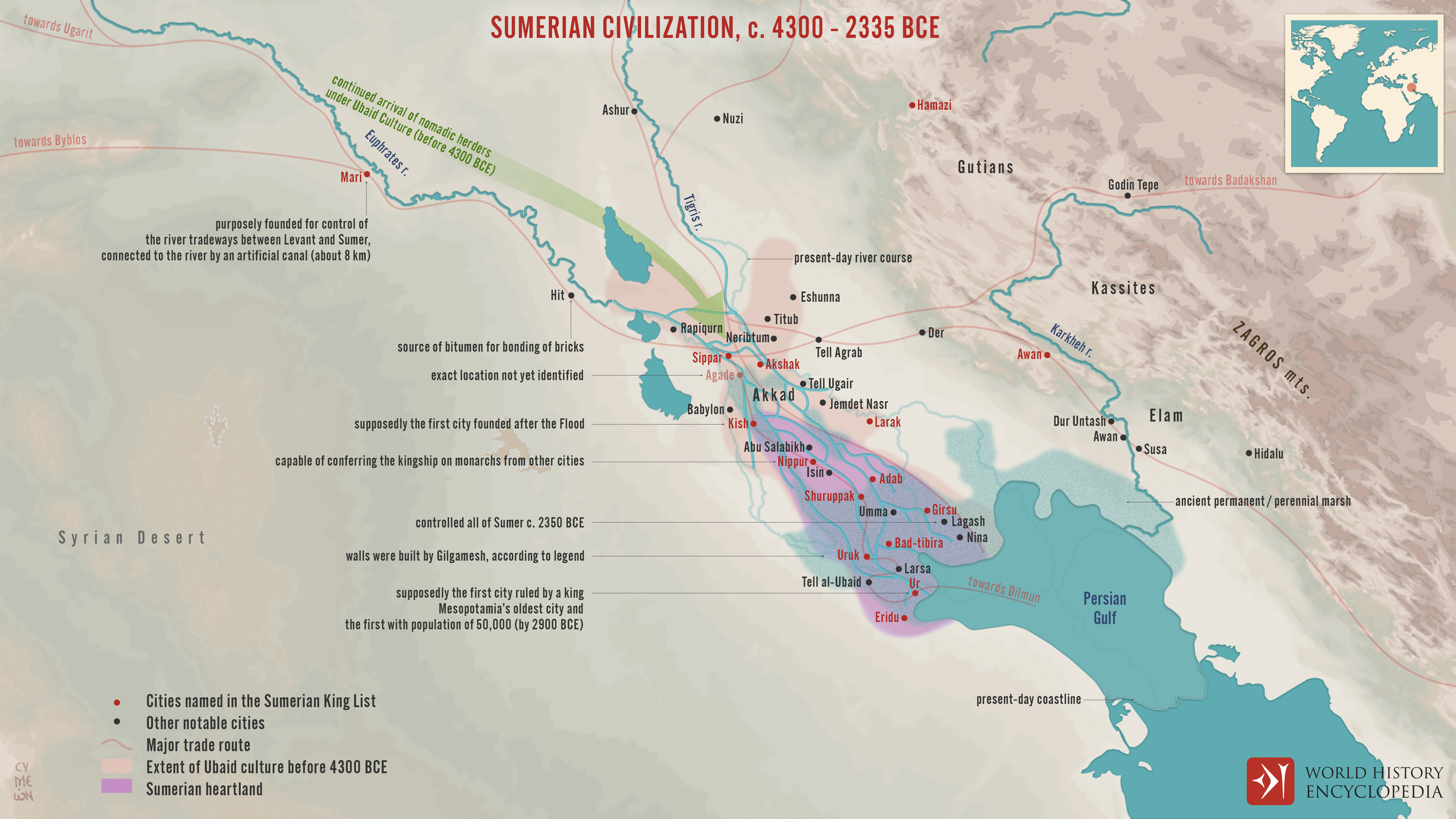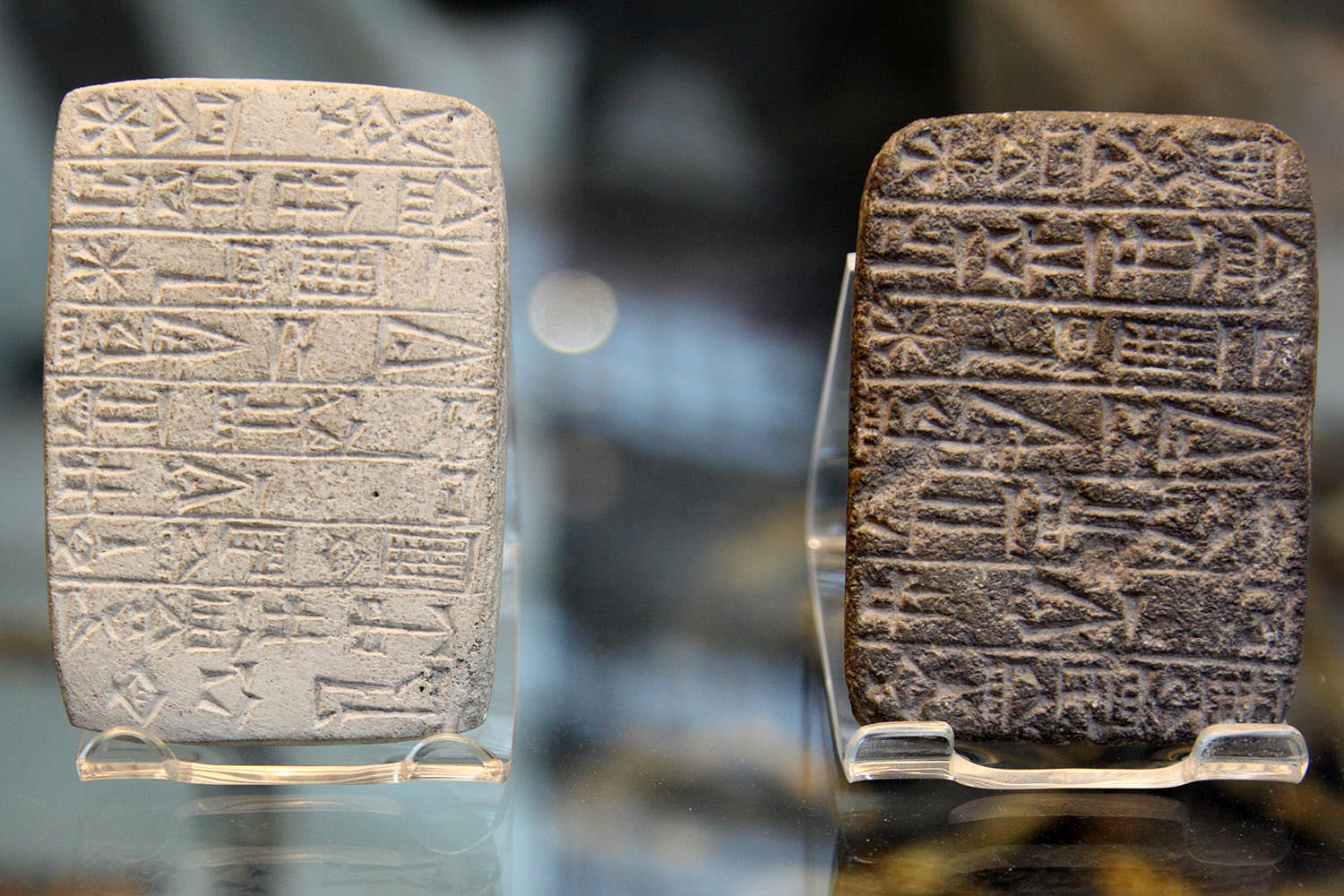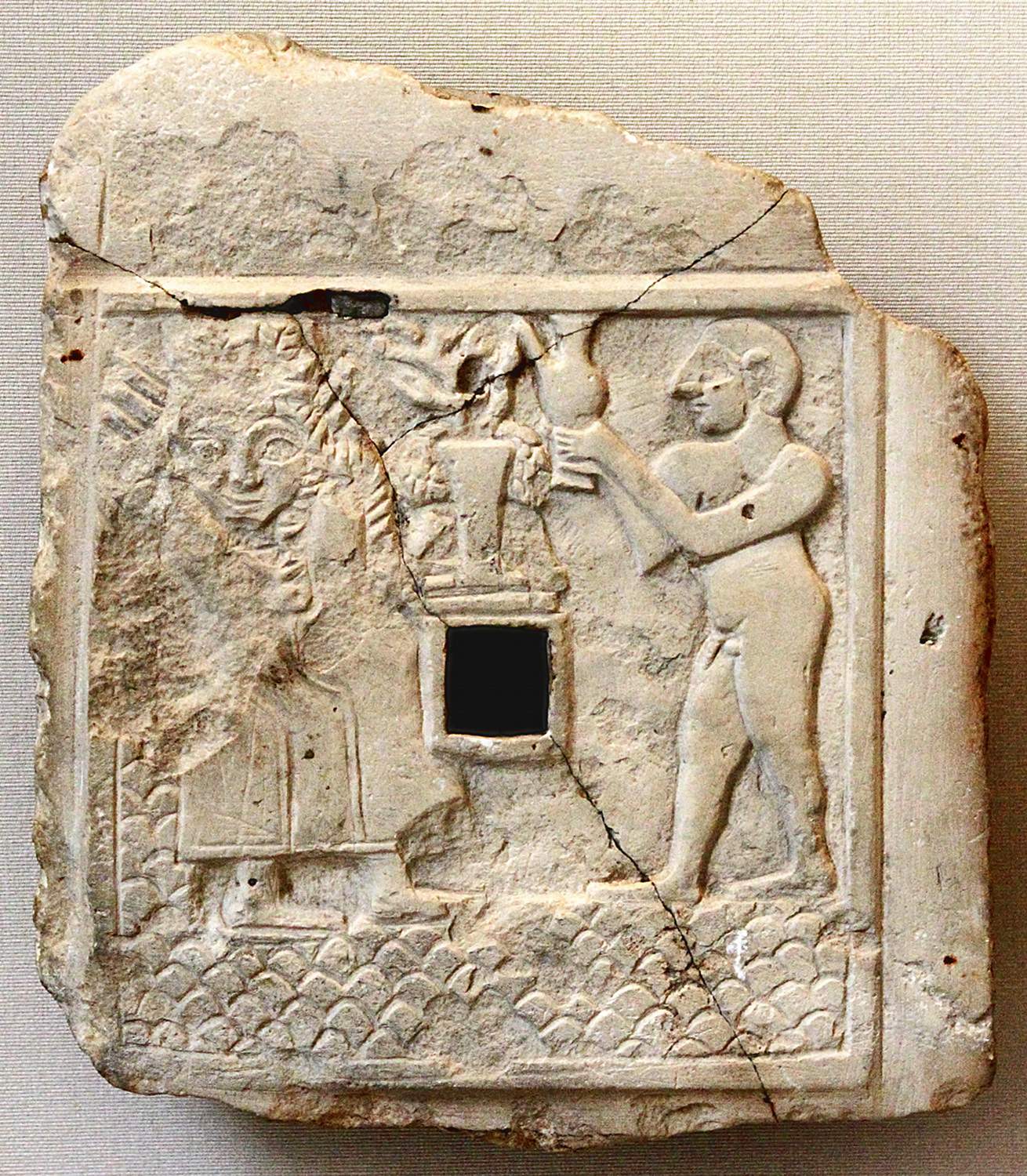On June 30 2025, during his speech, Indonesian Minister of Culture Fadli Zon claimed that Indonesian archipelago is the oldest civilization because Indonesia have a lot of Homo erectus fossils. While that statement was bold, it was also a stretch.
Historians and archeologists agree that the earliest known civilization is the Sumerian, located in modern day Iraq. So, Mr. Fadli Zon, Indonesia is not the oldest civilization in the world, not even one of the oldest ones.
The Meaning of Civilization

First we need to talk about the meaning of the word ‘civilization’ itself to know why the claim made by the Minister of Culture was exaggerated. Civilization is a stage of human social and cultural development that’s considered most advanced.
So basically, a group of humans could be considered civilized if they are staying at one place growing their own food, wearing clothing, have complex social structures and norms, have their own language and writing system, and the use of sophisticated technology at the time.
Homo erectus on the other hand, is an archaic human species that went extinct around 117,000 years ago. While they are indeed important to study the development of human species, they are not considered as civilized.
They were suggestions that they wore piece of clothing, most likely animal skin to protect themselves from cold weather. But other than that, Homo erectus did not have complex social cultures, social development and technological sophistication to be considered as civilization.
Sumer, The Birthplace of Civilization

Now, let’s talk about the real oldest civilization in the world. Sumer was located in the fertile region between the Tigris and Euphrates rivers, an area often referred to as the "Cradle of Civilization."
The availability of water and fertile soil allowed for the development of agriculture, which in turn supported population growth and the formation of urban centers. Over time, independent city-states such as Ur, Uruk, Eridu, and Lagash began to flourish in the region.
Each city-state operated as a political and religious unit, governed by its own ruler and centered around a temple complex dedicated to its patron deity.
The Sumerians built massive ziggurats, stepped temple towers, that served as religious and administrative hubs. These cities became economic, political, and religious centers, marking the earliest forms of organized urban life.
They Invented Writing and Record-Keeping

One of the most remarkable achievements of the Sumerians was the invention of writing. Around 3200 BCE, they developed a script known as cuneiform, derived from the Latin word for “wedge,” because it was composed of wedge-shaped marks pressed into clay tablets.
Originally created to keep records of trade and agriculture, cuneiform evolved to include literature, laws, and administrative documents.
Cuneiform represents a critical turning point in human history. It allowed for the recording of events, the transmission of knowledge across generations, and the birth of literature.
The most famous literary work from Sumerian culture is the Epic of Gilgamesh, an epic poem recounting the adventures of a semi-mythical king and reflecting on themes of heroism, mortality, and the human condition.
Advancements in Government and Law

The Sumerians were pioneers in governance and legal systems. Each city-state had a ruler, often a priest-king known as a “lugal,” who exercised control over military, economic, and religious affairs.
As societies grew more complex, the need for law and order became apparent. Although the famous Code of Hammurabi would come later during the Babylonian period, the Sumerians laid the groundwork for codified law.
Documents from Sumerian archives include legal contracts, court decisions, and property transactions, indicating an advanced sense of justice and social organization. Their administrative practices influenced subsequent empires in Mesopotamia and beyond.
Technological and Scientific Inventions

Sumerian ingenuity extended into science and technology. They developed a base-60 (sexagesimal) numerical system that still influences how we measure time today, 60 seconds in a minute, 60 minutes in an hour.
They also created a calendar based on lunar cycles to regulate agriculture and religious festivals.
In architecture, the Sumerians used mud bricks to construct complex structures, including palaces, temples, and city walls.
Their engineering skills enabled them to build irrigation systems that supported large-scale agriculture in an arid region. These innovations helped sustain growing urban populations and contributed to economic prosperity.
Religion and Cosmology

Religion played a central role in Sumerian life. They were polytheistic, worshipping a pantheon of gods associated with natural forces and aspects of daily life.
Each city-state had its own patron deity, such as Inanna (goddess of love and war) in Uruk or Enlil (god of air and storms) in Nippur.
Temples were not only religious centers but also economic institutions, housing grain stores, craft workshops, and schools.
Sumerians believed that gods controlled all aspects of the world and that maintaining divine favor was essential for peace and prosperity. Religious rituals, offerings, and festivals were common and deeply embedded in their culture.
The Amazing and Enduring Legacy

The Sumerians were the architects of the first civilization as we understand it, a complex society with cities, governance, religion, and a written language.
Their contributions to human development are profound, forming the bedrock of recorded history and the evolution of culture and society.
Long before the pyramids of Egypt or the palaces of China, the Sumerians built the first human cities and opened the first chapter in the grand story of civilization.



















